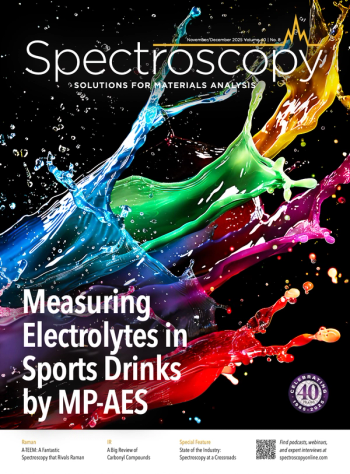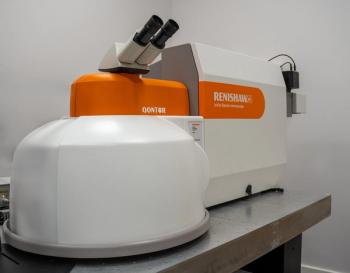
Horiba UK Partners with Academia to Support New Scientists and Non-Animal Technologies
Horiba UK (Northampton, UK) has joined the Lifetime Centre for Doctoral Training (CDT, Birmingham, UK) as an industry partner.
Horiba UK (Northampton, UK) has joined the Lifetime Centre for Doctoral Training (CDT, Birmingham, UK) as an industry partner. The goal of the partnership is to provide a new generation of scientists with skills and approaches designed to reduce and replace the need for animal testing in the fields of drug discovery, toxicology screening, and regenerative medicine.
The Lifetime (Engineered Tissues for Discovery, Industry and Medicine) CDT is a partnership between the University of Glasgow (Glasgow, Scotland), the University of Birmingham (Birmingham, New York), Aston University (Birmingham, UK), and CÚRAM – Science Foundation Ireland at the National University of Ireland, Galway. The CDT’s focus is on high-value skills training across a range of scientific disciplines to enable research students to develop non-animal technologies (NATs) that better mimic physiology and disease.
In partnership with industry, the Lifetime CDT uses knowledge-exchange and co-creation in pioneering science to develop bioengineered humanized 3D models, microfluidics, diagnostics, and sensing platforms. As an industry partner, Horiba will co-create, support, and mentor a four-year research project to explore how spectroscopy can help drive new methods of cell screening and disease diagnosis based on animal-free research.
Newsletter
Get essential updates on the latest spectroscopy technologies, regulatory standards, and best practices—subscribe today to Spectroscopy.



